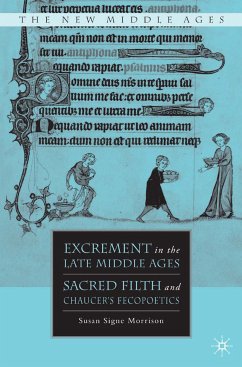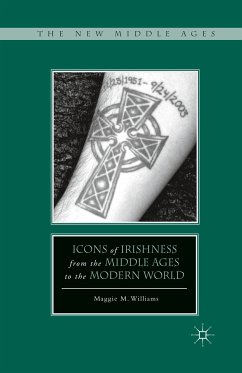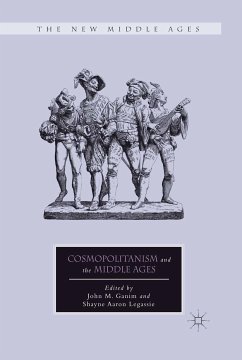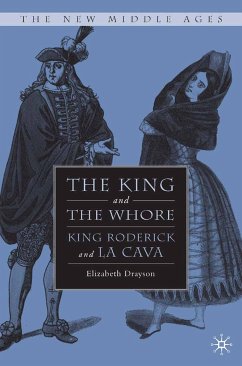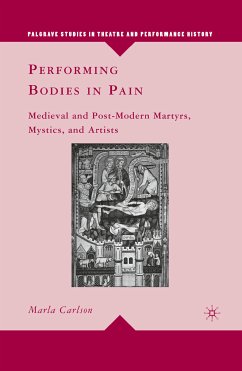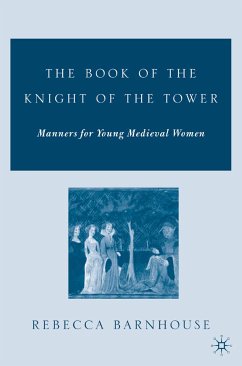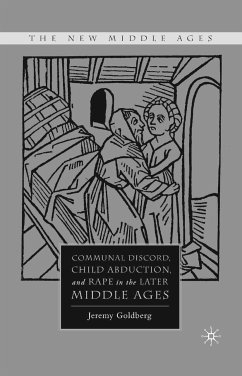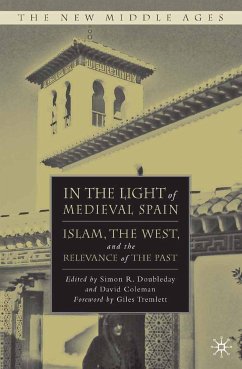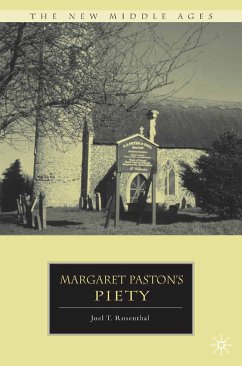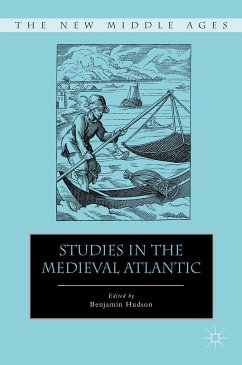
Cultural Diversity in the British Middle Ages (eBook, PDF)
Archipelago, Island, England
Versandkostenfrei!
Sofort per Download lieferbar
72,95 €
inkl. MwSt.
Weitere Ausgaben:

PAYBACK Punkte
36 °P sammeln!
Through close readings of both familiar and obscure medieval texts, the contributors to this volume attempt to read England as a singularly powerful entity within a vast geopolitical network. This capacious world can be glimpsed in the cultural flows connecting the Normans of Sicily with the rulers of England, or Chaucer with legends arriving from Bohemia. It can also be seen in surprising places in literature, as when green children are discovered in twelfth-century Yorkshire or when Welsh animals begin to speak of the long history of their land s colonization. The contributors to this volume...
Through close readings of both familiar and obscure medieval texts, the contributors to this volume attempt to read England as a singularly powerful entity within a vast geopolitical network. This capacious world can be glimpsed in the cultural flows connecting the Normans of Sicily with the rulers of England, or Chaucer with legends arriving from Bohemia. It can also be seen in surprising places in literature, as when green children are discovered in twelfth-century Yorkshire or when Welsh animals begin to speak of the long history of their land s colonization. The contributors to this volume seek moments of cultural admixture and heterogeneity within texts that have often been assumed to belong to a single, national canon, discovering moments when familiar and bounded space erupt into unexpected diversity and infinite realms.
Dieser Download kann aus rechtlichen Gründen nur mit Rechnungsadresse in A, B, BG, CY, CZ, D, DK, EW, E, FIN, F, GR, HR, H, IRL, I, LT, L, LR, M, NL, PL, P, R, S, SLO, SK ausgeliefert werden.



